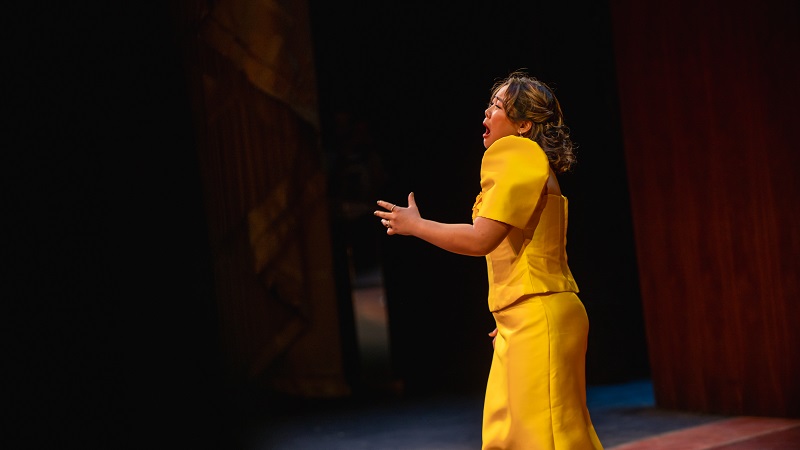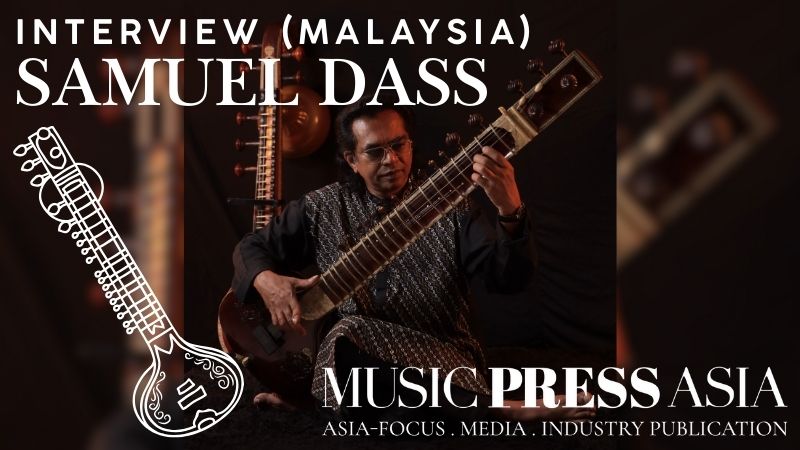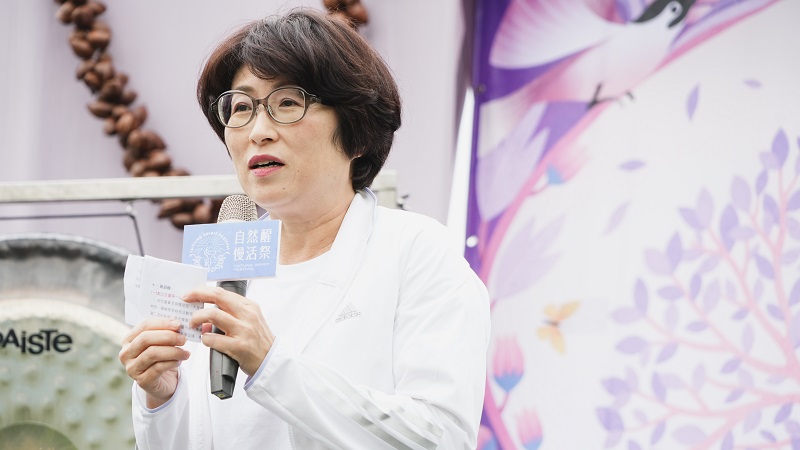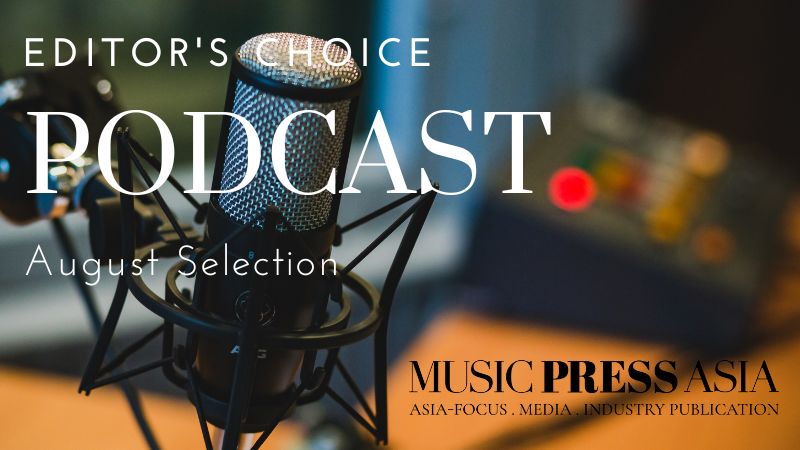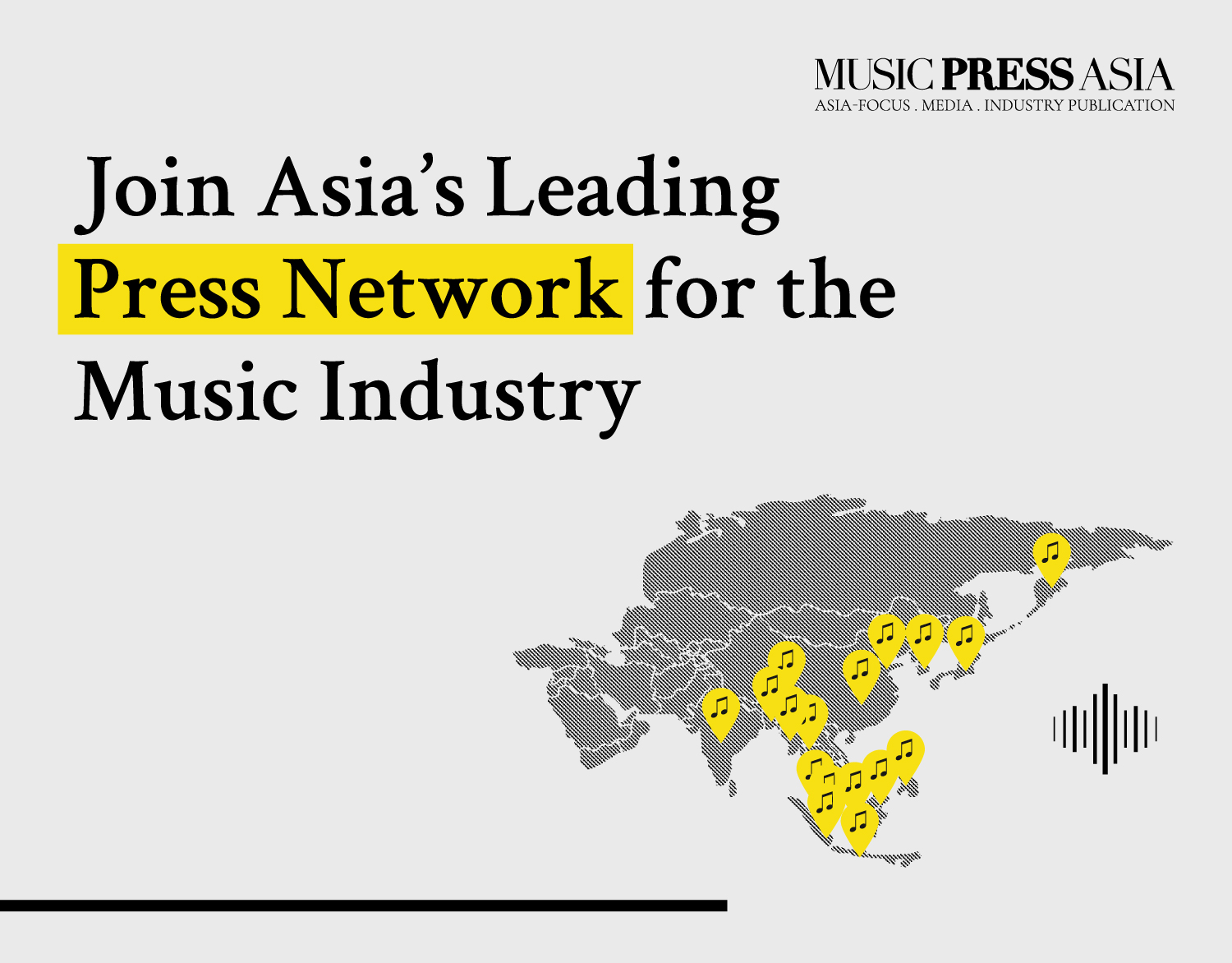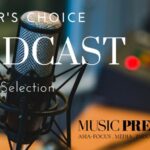Con Raso Talks Nada Kita, Launch New Music App in Indonesia
Will Indonesian ever pay for music subscription? Con Raso, Managing Director at TUNED GLOBAL speaks about the Indonesian music industry, consumers interest for music streaming, launch of its latest music streaming app, and collaboration with SPC Mobile.
Will Indonesian ever pay for music subscription? Con Raso, Managing Director at TUNED GLOBAL speaks about the Indonesian music industry, consumers interest for music streaming, launch of its latest music streaming app, and collaboration with SPC Mobile.
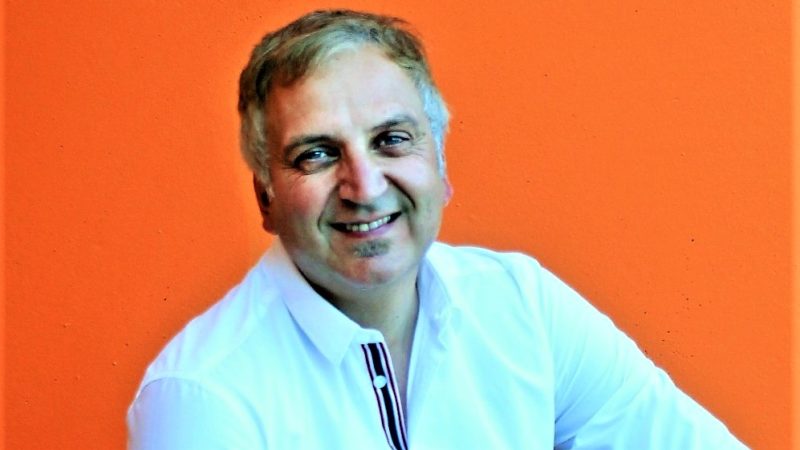
Con Raso, Managing Director at TUNED GLOBAL. It's recent survey reported that the imposition of advertising is not enough to drive a high number of people to paid subscriptions in Indonesia.
When it comes to music streaming, Indonesia still lags behind some other Asian countries. With major investors pouring into new businesses, it is hardly any surprise that music streaming isn’t included in this venture. TUNED GLOBAL recently launched NADA KITA allowing smartphone users to listen to local Indonesian music – for free.
Q1. In order to learn about the choices and how the Indonesian consume music, TUNED GLOBAL has researched the digital streaming music market in Indonesia through a survey via eMarketer.com. How has this survey paid off and did you find any surprises?
In the main this survey confirmed two things; Indonesian people absolutely love listening to music, but they are reluctant to pay for it. Streaming music is relatively new in this market, so it is implicit upon companies involved in the music business, including the platforms and music labels to take on the role of educating the market in light of the cost of producing quality music, why it is valuable and why someone needs to pay for it (brands and advertisers); and the inherent difference between full on-demand streaming, interactive radio (like Nada Kita), downloads and online linear radio.
In term of music tastes, Indonesian streamers love both local and international music. In the second and third tier cities and regions, there is a real affinity for local music. Indonesians have a real passion for their local music scene, which enhances their culture and ultimately their economy. Connectivity is a major issue in Indonesia; Indonesian streamers want to listen to a song fully, without buffering or dropping out. Poor internet connectivity in some areas means that the listening experience and quality can vary quite a lot.
The majority of Indonesian streamers (62%) understand that music has a cost and will accept advertising as means of paying for that music. They understand that an ad-funded service enables them to access music for free. Even so many people (38%) answered “no” to this question, indicating that the market is in need of education in this regard.
Quality content is their main concern. Many platforms claim to have tens of millions of tracks, many of which the majority of people who are not music experts are not interested in. Most people just want the music from the artists and from the genres they love. Many Indonesian streamers currently use YouTube more than they do a dedicated music platform. Why? Because it is free and they get video clips and content that you can’t find somewhere else. The cost of data can be expensive to many people and hence data consumption is their second major concern.
“Even if the streaming service completely meets their expectation, the majority of streamers either don’t want to pay for the service or will only pay a very low price.”
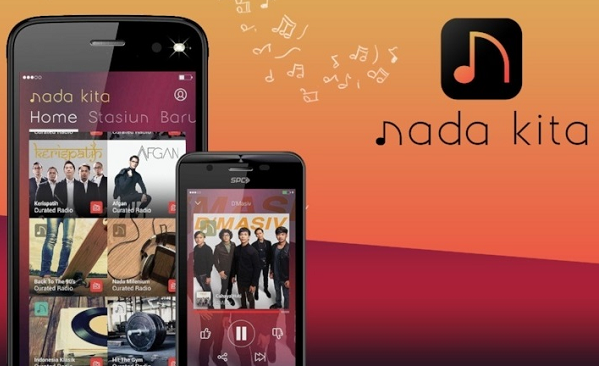
Even if the streaming service completely meets their expectation, the majority of streamers either don’t want to pay for the service or will only pay a very low price; less than 20,000 IDR per month i.e. ~US$1.50.
Q2. One of the hottest topics in the music industry is on how labels and artists are getting a fair share from the streaming industry. We are all wondering about this low-risk model of Nada Kita and what it entails and why it works.
Free to the user doesn’t mean that the music app won’t generate revenue. This would be detrimental for the artists and labels who are involved with the app. Nada Kita helps to fight against the piracy of content, which is a big concern in Indonesia, as it is in many parts of the world. Also, the musicians and labels get a fair share of all the revenues generated via advertising and sponsorship.
This model works because we are partnering with the music labels and hence by association the artists. We have also involved the brands from the beginning. We built Nada Kita and the model with them, as opposed to the supplier/client relationship that exists today with many mainstream platforms.
The brands, labels and Tuned Global have partnered to share the risks and built a win-win business model that meets all our goals and meets both artists’ and customers’ expectations.
Together with the labels we have ‘skin in the game’. Revenue shares have been agreed upon collaboratively and contributions from all partners have been taken into consideration. Most importantly we all want to stimulate the creative community, so that the local music industry does not just survive, but it thrives. It’s win-win for all concerned.
Q3. As Nada Kita boasts its collaboration with local labels and advertisers, does it mean Nada Kita streams only local music? Are the international labels being specifically excluded from this deal?
At the moment Nada Kita streams only local music, but we haven’t ‘excluded’ them. We just enter the market step by step, learning from the users. As Nada Kita matures we may review this strategy with all involved stakeholders.
One of our main goals is to build an Indonesian music app that is designed for Indonesian people first and foremost. That’s why we are collaborating with the local labels first. They are on the ground every day and deeply understand Indonesian music fans. To this end, Tuned Global also opened an office in Jakarta in late 2015 that is entirely staffed by local people.
All our future decisions will be based on our understanding of the users’ needs, including the content selection that has to fit Indonesian people’s tastes, which is not the same as Europe or other Asian countries.
Q4. How does the next 6-12 months plan look like for Nada Kita?
We are keeping some of the surprise announcements close to our chest until we are ready. We are in a soft launch stage at present. The best is yet to come! Stay tuned (no pun intended), we have a schedule of events and promotions that will be unleashed over the next few months, which will garner a lot of attention and we hope will give the local music industry a huge boost. We have already announced a partnership with SPC Mobile, and we are finalising discussions with other OEMs, telcos, banks and transport companies.

